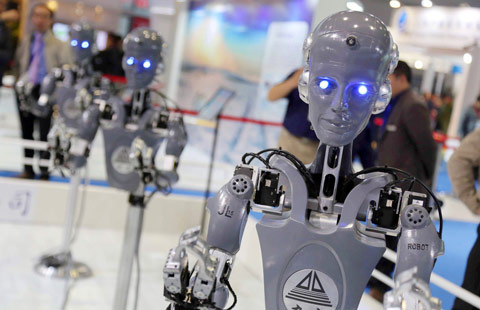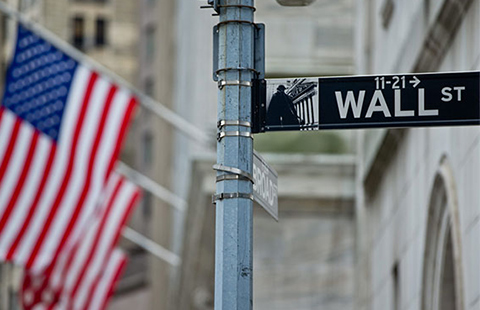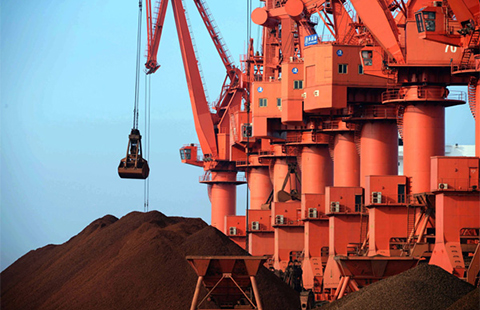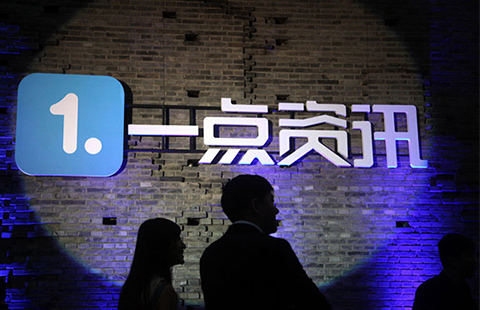Majority of listed firms report earnings slump
By Gao Changxin in Shanghai (China Daily) Updated: 2012-07-13 09:56More than half of the mainland's public companies reported lower earnings or losses in the first half, underscoring the challenges facing the economy.
But analysts say the earnings outlook will improve in the second half, as pro-growth monetary and fiscal policies take effect.
A total of 1,070 companies had released first-half results by Monday. Only 448 of them expected earnings to increase, according to data compiled by Financial China Information & Technology Co Ltd.
As many as 130 companies said they lost money in the first six months of the year.
The chemicals, automobile and machinery industries were the hardest hit.
FAW Car Co Ltd expected a loss of 45 to 75 million yuan ($7.1 to $11.8 million) in the first quarter, as sales plummeted amid fierce competition. The steel maker Beijing Shougang Co Ltd said it will lose 250 to 350 million yuan, after the industry as a whole reported a loss in the first quarter.
Tianjin Teda Co Ltd, whose business includes real estate, expects a loss of 130 to 150 million yuan.
The earnings of banks and oil companies, which have the biggest market capitalization in the A-share market, are also under pressure, as the National Development and Reform Commission lowered oil prices and the People's Bank of China made deposit and lending rates more flexible.
In fact, banking shares led the recent market decline. The shares of 16 public banks dropped by 3.45 percent in the first 10 days of the month, against an overall decline of 1.5 percent in the Shanghai Composite Index.
The Shanghai index gained 0.46 percent, or 10.11 points, to close at 2,185 points on Thursday.
The earnings reports were made after China's GDP growth hit a three-year low in the first quarter.
Second quarter growth is expected to be announced on Friday, which many analysts believe will fall below 8 percent.
"Whether it is a 'hard landing' or a 'soft landing', corporate earnings will likely suffer as long as there is a landing," UBS analyst Chen Li wrote in a research note.
"In this round of economic deceleration, the earnings of listed non-financial companies have also deteriorated rapidly, turning in their second-worst performance over the past decade."
But things will get better, Li added, saying that profits will bounce back in the fourth quarter together with prices. Public companies' profits for the whole year are expected to increase by an average of 9 percent.
"In Q3, we believe consumer prices will continue falling, pushing companies to carry on destocking, with total inventory levels declining further to below their historical average. With overall demand suppressed, corporate gross margins may not pick up until after the bottoming of consumer prices in Q4," he wrote.
Inflation hit a 29-month low in June, indicating economic cooling.
The consumer price index, a gauge of inflation, increased 2.2 percent, its lowest rise since February 2010. The producer price index, a gauge of wholesale prices, fell 2.1 percent, its lowest since December 2009.
Easing inflation will give the central bank more room to relax monetary policy, which analysts say will support growth in the second half.
gaochangxin@chinadaily.com.cn
- Chinese shares extend gains on Friday
- Adidas unveils new five-year plan to strengthen business growth
- China's child policy change positive for economic growth: economist
- Sino-Australian FTA will deliver 'significant' economic benefit: opposition
- Bank of China launches global commodity business centres in Singapore
- Credit consumption becomes new engine of growth
- Chinese firm to start Nicaragua canal project by late 2016
- China complies first corporate management indexes to help investors















